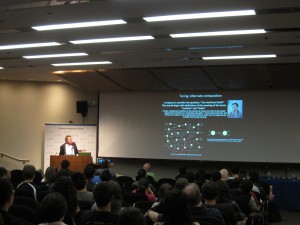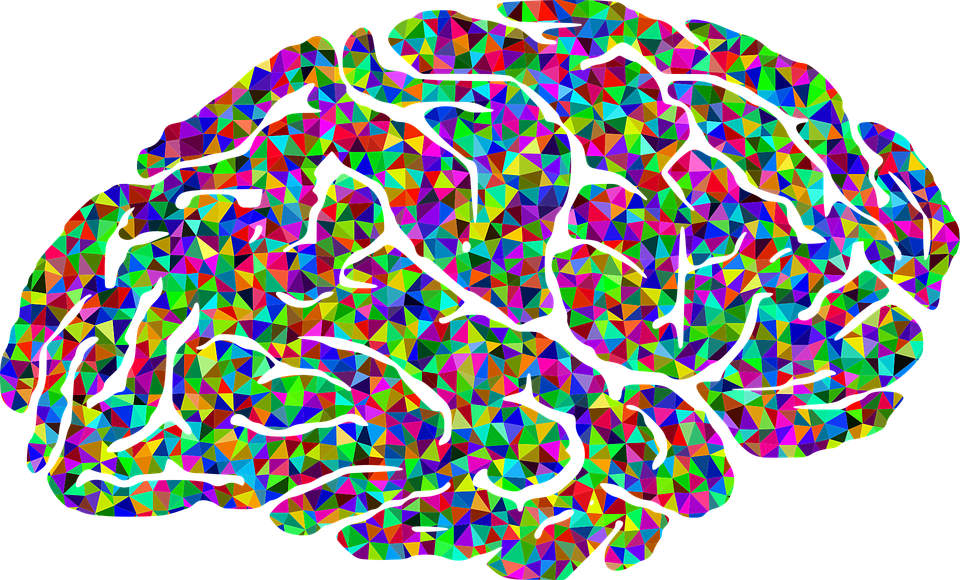-
Polyvagal Theory Part 1: The Wandering Nerve

The polyvagal theory is a neurobiological theory relating social engagement, physiology, and developmental outcomes. When I was first learning the theory, I struggled to understand some of the theory’s basic terms and could not find a resource that simplified it. Therefore, this three–part series of articles is intended to serve as an introduction to the…
-
Can I become more inspired?

“Do one thing every day that scares you.” —Eleanor Roosevelt Happy new year! (It still counts as the new year, right?) How are you doing on your New Year’s resolutions? If you’re like a lot of people, you might be beginning to lose sight of them. Research has found that a little over a third…
-
May the Force be with you–while you wait

It has been a long year since the teaser trailer for Star Wars: Episode VII was first released and the opening showing of the film prior to the film’s wide release has finally arrived. But the wait does not end there! Here is a picture of a group of moviegoers queuing to enter the theatre.…
-
On Essena O’Neill, #fitspo, and the “real-ness” of social media.

Essena O’Neill, the former teen Instagram model made the decision to quit Instagram after growing disillusioned and unhappy with the staged nature of her social media presence. Before deleting her Instagram account, Essena recaptioned all of her photographs to reflect her true experiences when they were taken and posted.
-
Presenting Psychology: 10 Ways to Polish Up Your Research Presentation

Gone are the days in which promising scholars could conduct brilliant scientific work, write compelling and cogent articles and books, and be forgiven by all for having no clarity or articulation when attempting to talk about it in person! …If those days existed at all. Scientific communication takes many forms, but virtually all graduate students, faculty,…
-
Highlights of “Building Minds”

For those who missed “Building Minds: Microchips & Molecules”, here is a taste of the action. For all who packed the CNSI auditorium in May for our annual interdisciplinary symposium, here is a quick trip down memory lane. Enjoy! Gimzewski (’15 symposium) UCLA’s James Gimzewski cited Alan Turing in his talk describing his research on…
-
My Graduate School Survival Guide

Disclaimer: Technically, I have not yet ‘survived’ grad school. But, with three out of five years under my belt, I like to think I’ve acquired some useful wisdom. Although there is no one-size-fits-all model for successfully navigating grad school, here I’ll outline some strategies that I find particularly effective for maximizing efficiency and maintaining solid…
-
Signal Detection: Decision Making in Uncertainty

We all experience uncertainty: How did I do on that test? What do they think of me? Where did I leave my keys? Is my phone ringing? In these and other uncertain situations, we have to take the evidence we have and make our best guess about the answer. Sometimes we’re right, and sometimes we’re…

